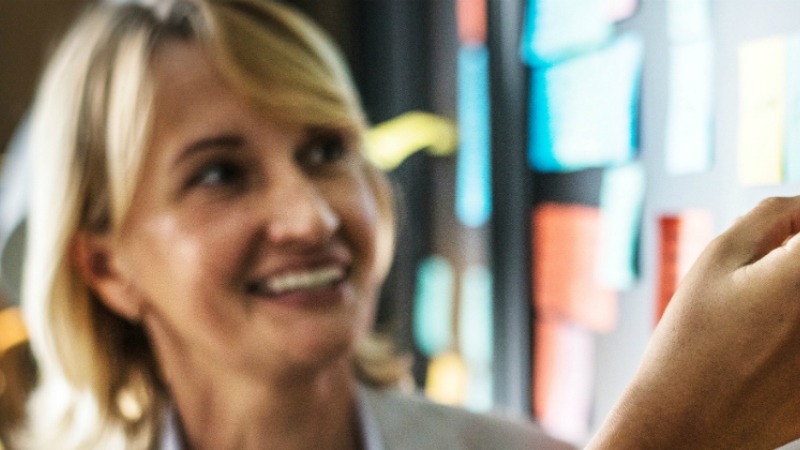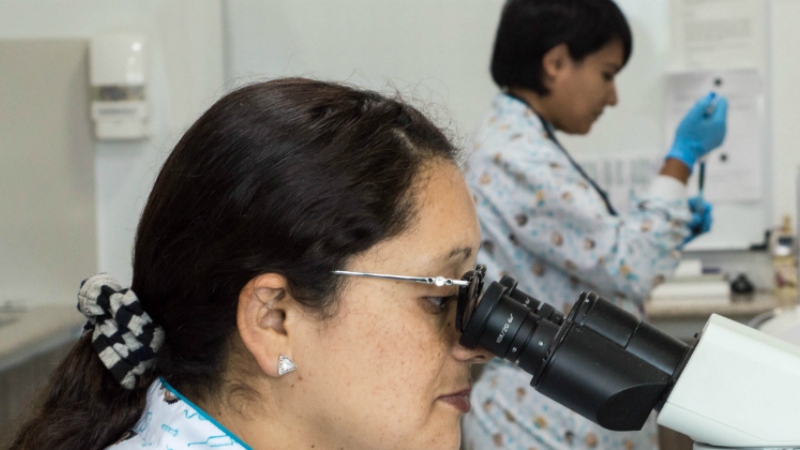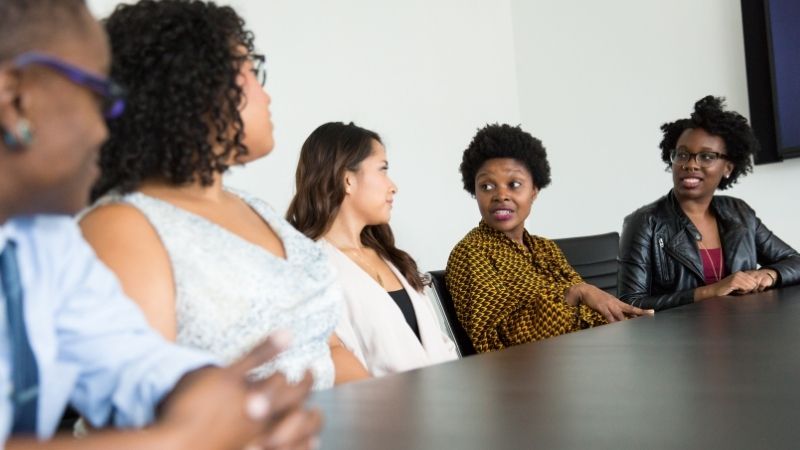Our research informs and helps to change policy and practice and shape debates in key areas including gender, diversity, work-life balance and age discrimination. Our interventions influence the way senior managers develop policies to manage their workforce, and shape legal thinking.
We provide consultancy services where we can act as independent partners, providing insight and advice based on our broad research-based experience and knowledge to help organisations to develop their gender and diversity strategies and manage potential risks related to gender and diversity issues.
Equalities legislation and our consultancy: The context
The equality legislation framework has developed significantly since its inception in the 1970s, and the past decade has seen the introduction of the public sector duties from 2001 onwards, and most recently, the passage into law of the Equality Act.
These legislative developments have come to play a key role in shaping employment policies for all employers, and many large employers now set out explicitly to achieve and sustain high levels of labour market participation from the different equality target groups. Citizenship is closely related with participation in the labour market and equality of opportunity in employment contributes substantially to social cohesion. At an organisational level equality policies and legislation have significant implications for the management of human resources in the workplace. They require the development of leadership capabilities to deliver fair and inclusive employment practices as part of organisations’ corporate social responsibility.
Key experience
- Consultant and advisor to the European Commission, MPs and UK government
- Research and consultancy provided to global organisations such as BMW and KPMG
- Advice provided to institutions and organizations to help challenge status quo and shape interventions
- Influencing legal thinking through evidenced-based research.





